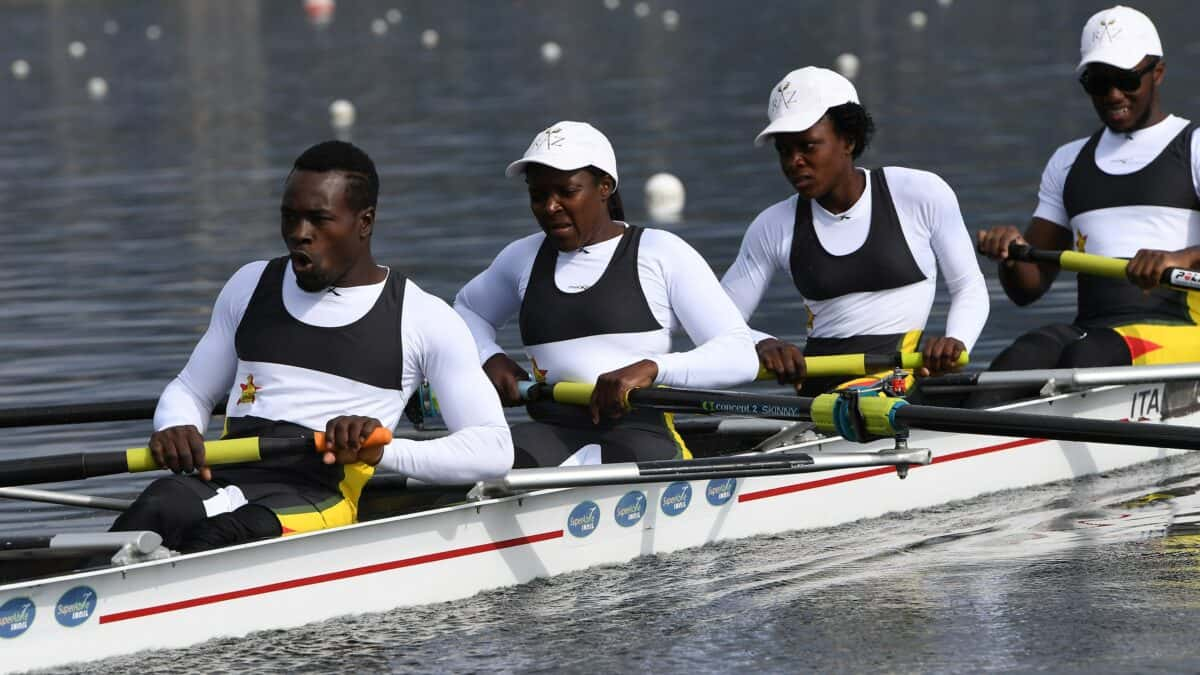
06 Jul 2016
Bipartite places determined for the Paralympic Games
The invitations were awarded following the Final Paralympic Qualification Regatta that took place in Gavirate, Italy. The aim of increasing universality at the Paralympic Games.
Each of the four para-rowing boat classes reserved two places for bipartite invitations, while the first ten spots were given to athletes in ranking order at the 2015 World Rowing Championships and the Final Paralympic Qualification Regatta. Countries then applied for bipartite positions and were assessed by whether or not they already had a qualified crew.
The invitations are as follows:
Para Women’s Single Sculls (ASW1x) – Hungary and Argentina
Para Men’s Single Sculls (ASM1x) – Lithuania and Kenya
Para Mixed Double Sculls (TAMix2x) – Japan and Latvia
Para Mixed Coxed Four (LTAMix4+) – Austria and Zimbabwe
For many of these nations, the Paralympic Games represents a great opportunity to promote para-sport and para-rowing in their countries. Itaken Timoi Kipelian from Kenya has been rowing in the para men’s single for several years and has participated in the FISA/Agitos para-rowing training camp for two years. Kipelian says that in Kenya he struggles to find support for para-sport.
“Back home (in Kenya), we have a problem of coaching because we do not have coaches for people with disabilities. We also struggle to have the right equipment. Eventually I will stop being an athlete and start being a coach. I will try to recruit people to start rowing.”
Kipelian is not alone. The Zimbabwean four is the first of its kind for the country, a project spearheaded by rowing coach, Rachel Davis. The crew came together just three weeks before the final Paralympic Qualification Regatta, but Davis says it is a great step for para-sport.
“People with disabilities don’t often have opportunities in Zimbabwe,” Davis says. “I put a call out for those interested to come meet me at the school where I teach. The response was great and we were able to put together a four.”
The effort to build para-rowing teams extends around the world. Austrian rower Heidi Pahl says that her local club has been building up their team for a few years. “When we had one of our rowers quit, we put an ad in the newspapers to try to find more para-athletes,” Pahl says. The effort has not gone unnoticed. Austria has sent a four to the para-rowing training camp in Gavirate for two years in a row. The second year they were able to fund themselves.
The 2016 Paralympic Games will see a 13 per cent increase in number of participation nations, from 23 in 2012 to 26 in Rio. The Paralympic Games will take place from 7 to 18 September, 2016 in Rio de Janeiro with the Paralympic Para-rowing Regatta going from 9-11 September.
The International Paralympic Committee (IPC) Bipartite Commission Invitations have been established by the IPC to respect the Paralympic Games Guiding Principles which incorporate the core characteristics of quality, quantity and universality. The Rio 2016 Paralympic Games qualification system for rowing is intended to allow the top athletes to compete at the Games as well as achieve universality. Therefore, the first ten quota places in each of the four events are attributed on pure performance while the remaining last two quota places are reserved to increase universality.
Criteria for Rowing’s 2016 Bipartite Selection
- Maximise the number of countries participating in rowing at the 2016 Rio Paralympic Games by selecting crews from countries that have not already qualified boats;
- Maximise the number of regions and boats from regions at the Games;
- After the above, prioritise based on performance at the World Championships and Final Qualification Regatta

